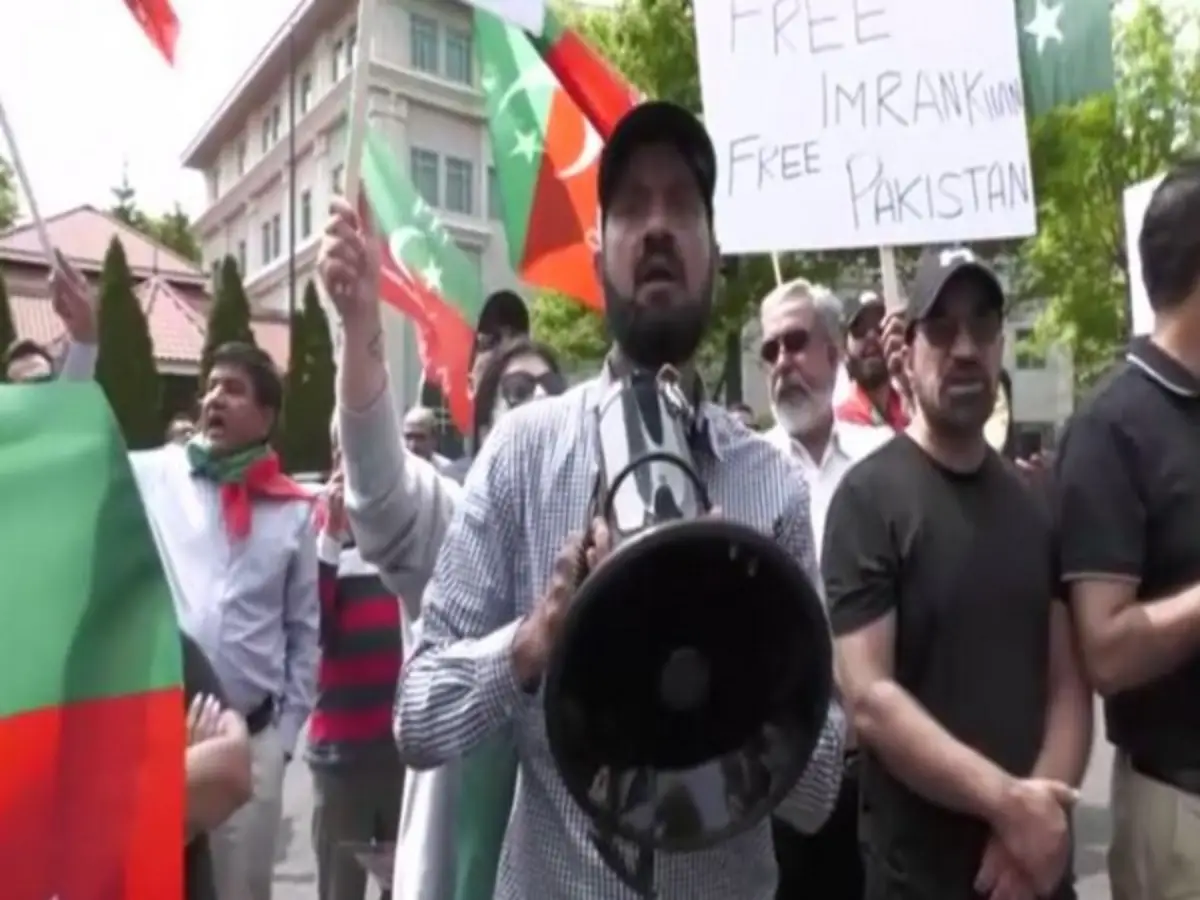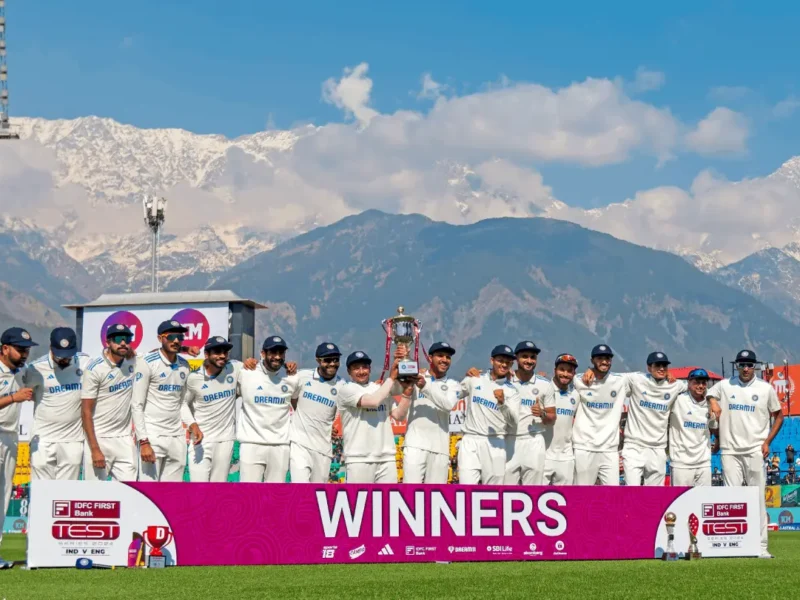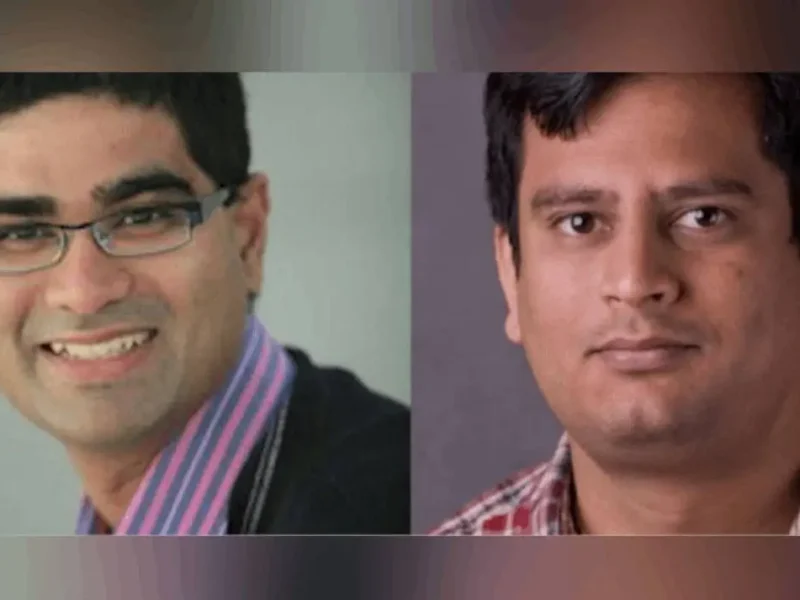Analysis: Imran Khan Jail Sentence
By Farwa Aamer, Director of South Asia Initiatives, Asia Society Policy Institute
As Pakistan braces for imminent elections in less than a week, the political landscape is marred by a series of dramatic events, most notably the sentencing of former Prime Minister Imran Khan.
Khan, who remains the country’s most popular political figure, received a ten-year prison term alongside his political ally and former Foreign Minister Shah Mahmood Qureshi. The following day brought another strike, with Khan and his wife facing a 14-year jail sentence in a different case.
These legal setbacks compound the challenges faced by Khan’s political party, the PTI, which earlier suffered a significant setback when it was prohibited from using its party symbol in the upcoming February 8 elections.
This rapid succession of events adds a layer of complexity for Pakistani voters as they approach the polling booths. However, this pattern is not entirely unprecedented in Pakistan’s political history.
Former Prime Minister Nawaz Sharif, now emerging as a prominent contender for the top position in the country, experienced a comparable situation in the previous elections. The recurrence of such events in the vicinity of elections raises concerns about the democratic health and economic aspirations of the nation.
The preoccupation with legal proceedings against Imran Khan and the crackdown on the PTI has eclipsed attention from the substantive issues of the election campaign. Manifestos, campaign promises, and political debates from the contesting parties have received notably less focus. Security concerns loom large, with expectations of pre-election violence heightening the apprehensions surrounding the electoral process.
While the approximately 230 million-strong population of Pakistan yearns for a free and fair democratic exercise, prevailing circumstances appear to be steering in the opposite direction. Questions persist about the law-and-order situation, as well as whether the incoming premier can effectively address the country’s economic challenges.
It is a disconcerting reality that the spotlight on legal troubles and political crackdowns overshadows discussions on the core issues affecting the nation.
Adding to the uncertainty is Pakistan’s historical precedent of elected officials rarely completing a full term in office. Regardless of the election’s outcome, the nation’s deeply rooted issues are unlikely to find swift resolution. As the electorate contemplates the future, the pervasive pattern of political turbulence raises concerns not only about the immediate democratic exercise but also about the enduring stability and prosperity of Pakistan.






Vijay
/
He won’t stay there too long. Just watch!
February 1, 2024